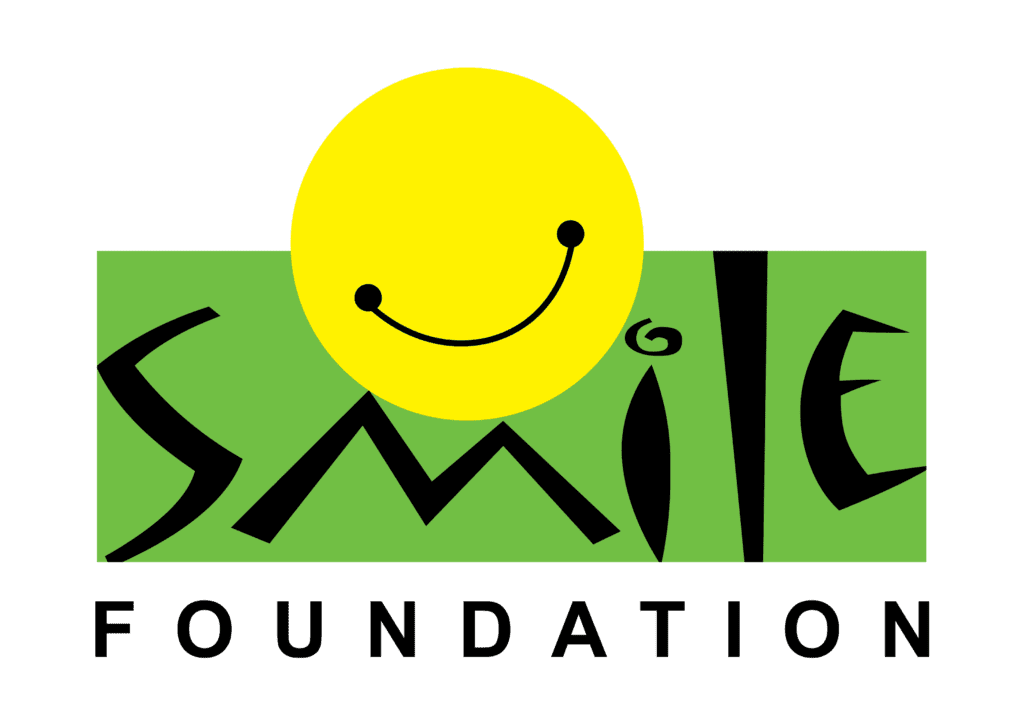JULY 2021

smilescapes
The coronavirus pandemic has affected the lives of each and every one on the planet. For some, their day to day lives have been impacted. On the other hand, millions of people have been pushed into poverty.
Since its onset, millions of people have been deprived of food, necessary medicines, shelter, and care. Inequality in the health sector in India has remained a major concern and needs the immediate attention of all stakeholders. The pandemic has pushed India backwards in terms of accessibility and affordability.
The situation has resulted in increased inequalities between different sections of society. On the one hand, there are few who have enough money to acquire resources by any means without burning a hole in their pocket. Then, there are middle-class people who have exhausted all their savings in getting healthcare for their family members. And then there are others who simply do not have the option to go out of the way financially. These are those sections of society who survive on a hand-to-mouth subsistence. They are entirely dependent on the government’s healthcare infrastructure and do not have any spare cash for out of pocket medical expenses.
The COVID-19 pandemic has laid bare the gaping holes in the primary healthcare infrastructure of India. Millions of people have not been able to access healthcare facilities even for non-COVID related ailments. Thus, the situation has reiterated the importance of such healthcare facilities for those who cannot afford privatised healthcare.
Another issue that has been brought to the fore due to the pandemic is the importance of doorstep healthcare services. Through our Smile on Wheels programme, we have been providing this service to remote and vulnerable areas since the past many years. However, the pandemic has made mobile healthcare much more relevant and urgent. In the absence of transportation facilities to nearest healthcare centres or many of the centres being closed, getting a doctor, nurse, medicines, and testing at your doorstep is a boon for many.
The COVID-induced lockdown in March 2020 had forced thousands of migrants to return to their home states in the absence of work. When the second wave hit in 2021, millions were hit hard yet again. A lot of decided to stay back in the cities, but they need help to survive in the absence of daily work. There are also thousands of frontline workers who are risking their own lives on a daily basis to carry out their duty towards society. Nothing could have possibly prepared them to deal with a situation of this magnitude.
In these gruelling times, Smile Foundation has been able to provide relief to people living in remote areas and urban slums, as well as to frontline health workers, through its various interventions. Our Health Cannot Wait campaign has undertaken a number of initiatives to combat the situation in a number of effective ways by providing relief and support to those who are most affected by the pandemic.
Providing dry ration kits to migrant workers’ families, strengthening COVID care centres and government hospitals, taking healthcare services to the doorsteps of the vulnerable, distributing hygiene and home isolation kits, creating oxygen banks, providing protective gear for frontline workers, and imparting tele-counselling to reduce vaccine hesitancy — these are some of the interventions under our Health Cannot Wait campaign.
Our extensive ground-level network, our relationships with partners and donors, and our ability to quickly adapt to a dynamic and ever-changing situation has enabled us to carry out these relief measures to ease the burden of the pandemic on the vulnerable families who have been most affected.
At this point, we are fortunate that the second wave of coronavirus in India has started going down. However, the pandemic is not over yet. The virus is still new for experts. It is unpredictable and we cannot be sure what the future holds. We must be prepared for a possible rise in cases in the near future. Thus, our campaign of promoting health and safety for all will continue in a full-fledged manner.



